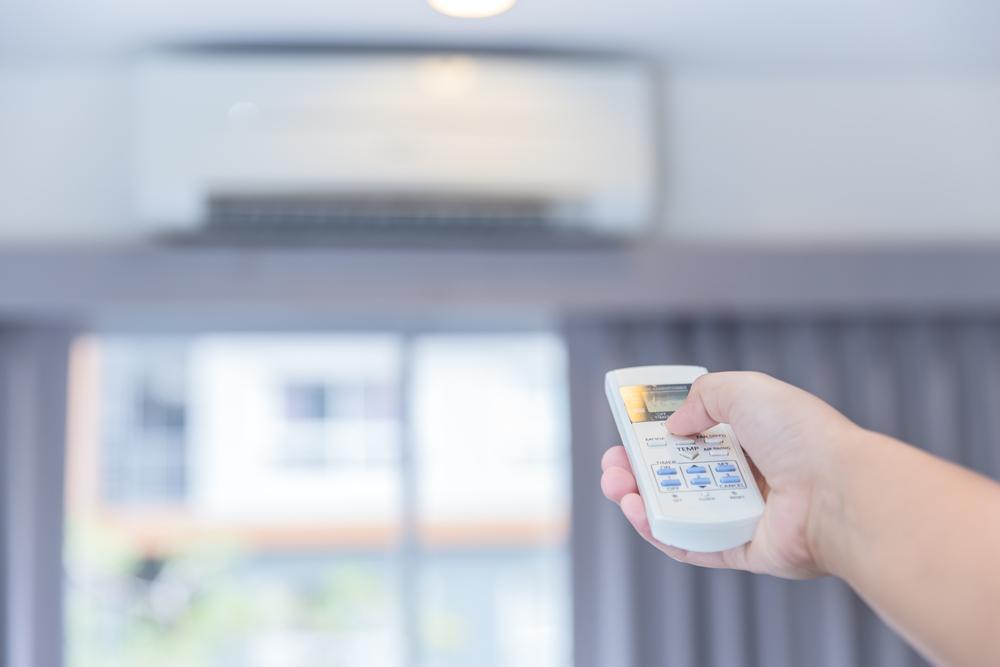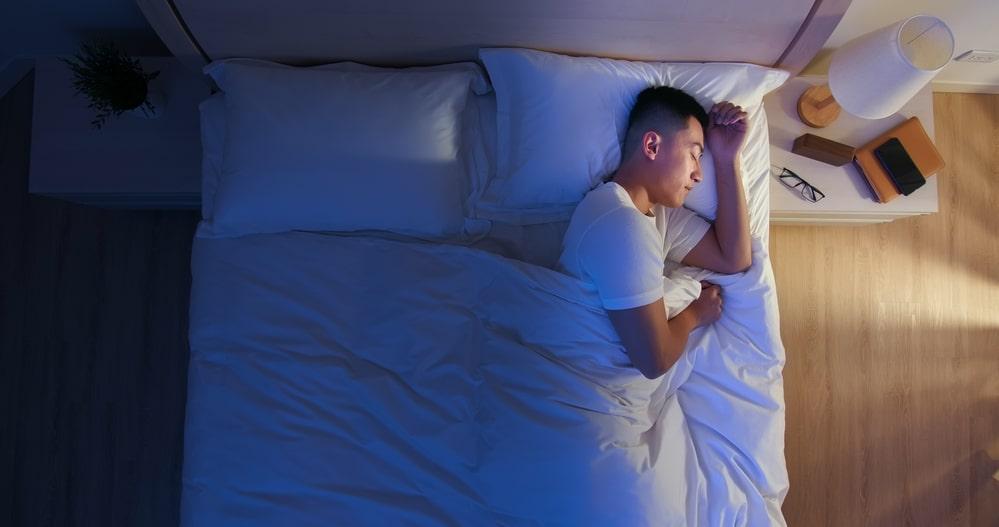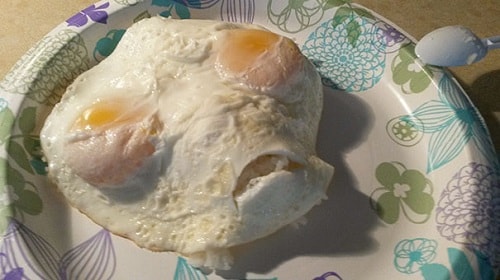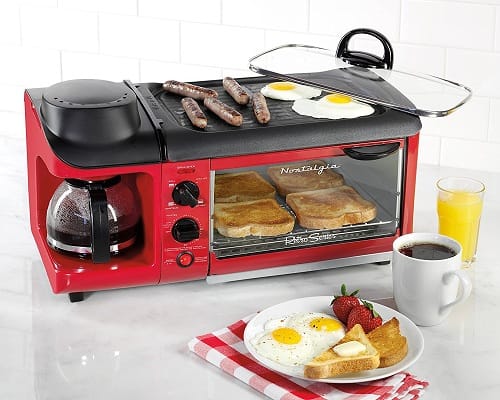Sleep disorders are incredibly common, with many suffering from periods of insomnia at one point in their lives. Whilst we can’t necessarily control the quality of the sleep we get, we can control what we do to improve our sleep patterns, helping to fight insomnia and other sleep disorders that make it difficult to fall asleep at night or enjoy uninterrupted periods of sleep. Both psychological and physical factors, such as best king pillows, all play a part. WIth that in mind, we’re exploring some of the top natural remedies for insomnia to help you start the New Year feeling fresh and re-energised.

Prioritise Exercise
We all lead busy lives but finding the time to exercise may help to fight your insomnia. This is particularly true if you work from home and carry out little steps per day. Exercising is a great way to improve your sleep, inducing a deeper sleeping pattern that makes it easier to fall asleep at night and minimises interuption. For the best sleep, aim to workout between 2pm and 6pm. Between these times, your body’s temperature is at its peak, providing not only the best results from your workout but a better chance of a good sleep.
Reduce Your Alcohol/Caffeine Intake
Drinking alcohol or caffeine late at night may be the cause of your insomnia. Instead of cutting it out of your diet completely, consider consuming less later in the day, focusing on your last alcohol or caffeine consumption in the afternoon. This is particularly true if you consume a lot of caffeine, as drinking it late in the day may impact your ability to sleep when you want to.
Keep Cool

The temperature of the environment around us affects how we sleep too. For example, many of us find sleeping in warmer temperatures a lot more difficult compared to when it’s cool. In the summer, using a fan to cool down your room may be the best option, circulating cool air around you as you sleep. During the winter, a heated blanket can provide the warmth needed for a comfortable sleep without relying on your central heating, helping to save money. Experts suggest that the best temperature for sleep is 18.3 degrees celsius, though this may vary between person to person.
Darkness

It sounds obvious, doesn’t it? But for some, sleeping in complete darkness aids a better night’s sleep. The lack of light informs your body that it’s time to rest with light exposure impacting how good of sleep we get. For example, you may be awakened by light shining through the window. Whilst natural light is limited in the winter time, this could be causing poor sleep during the summer months when the sun rises earlier in the day. To combat the amount of light in your room, consider shutting your door and investing in blackout blinds to hide as much natural light as possible, even if it isn’t completely dark outside.
Nap Less
Whilst it can be tempting to take a nap when you’re tired, avoid doing so or at least for prolonged periods of time. Experts suggest that napping between 15 to 30 minutes in the afternoon can be beneficial, providing your body with the boost you need to feel energised. Napping for longer during the day, particularly in the evening, may be doing your sleeping schedule more harm than good, making it more difficult to fall asleep when it’s time for lights out. So, if you are struggling to keep awake, set yourself an alarm within 30 minutes to get back up. You’re likely to feel better for doing so anyway!
Images by Depositphotos





